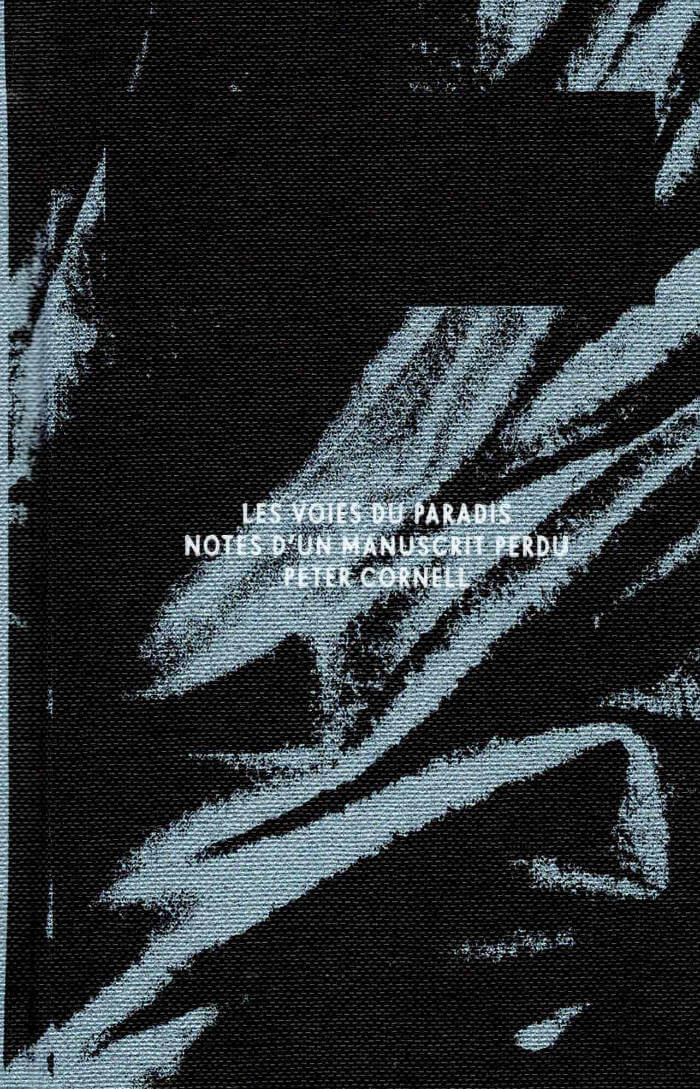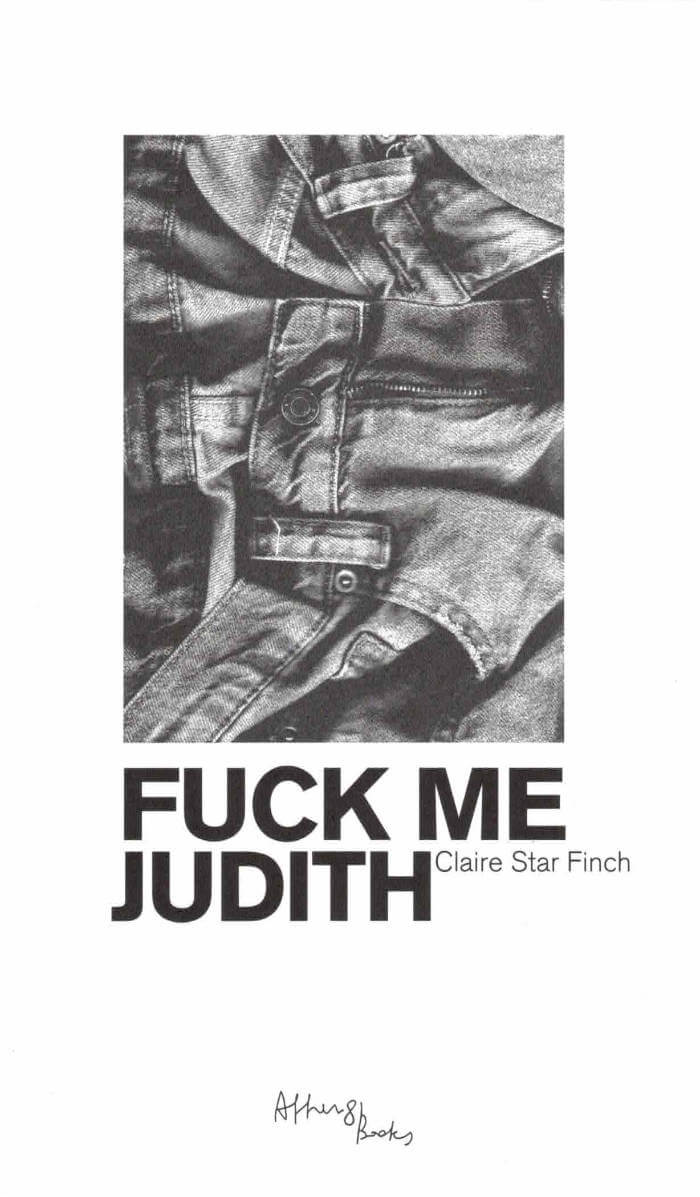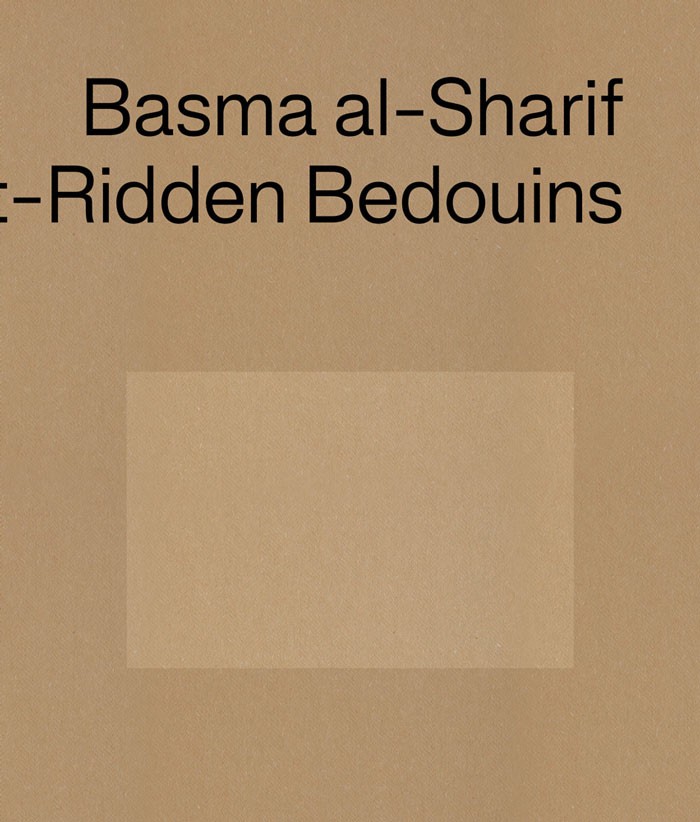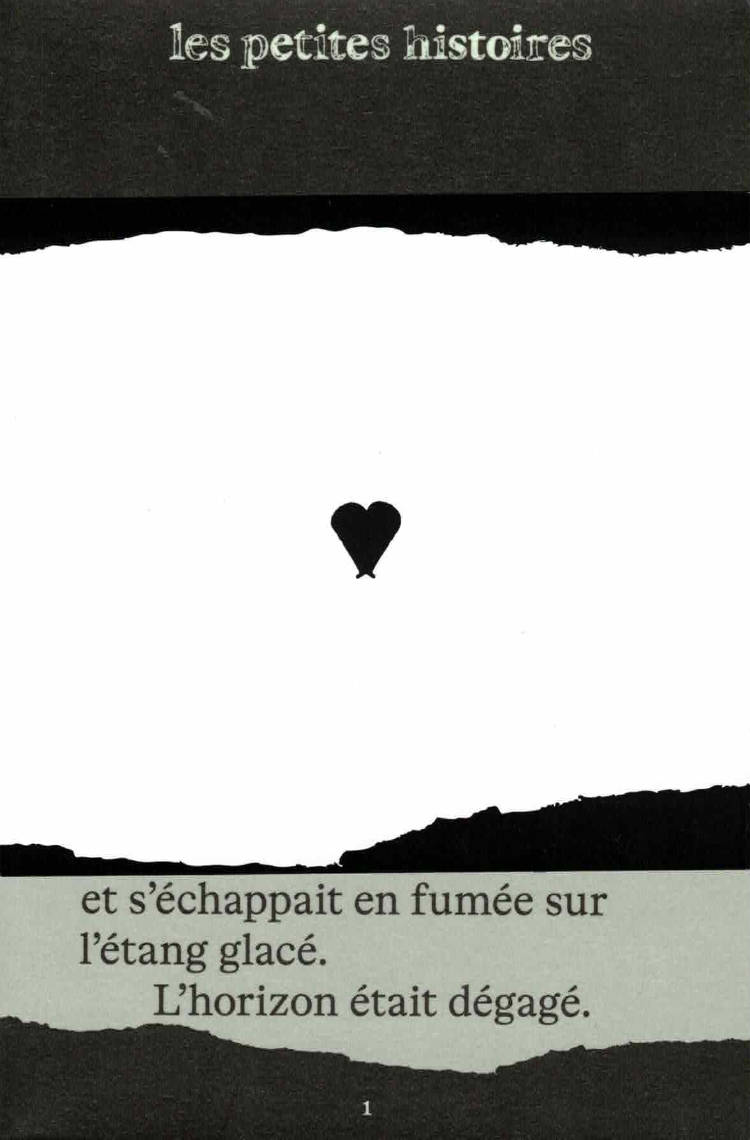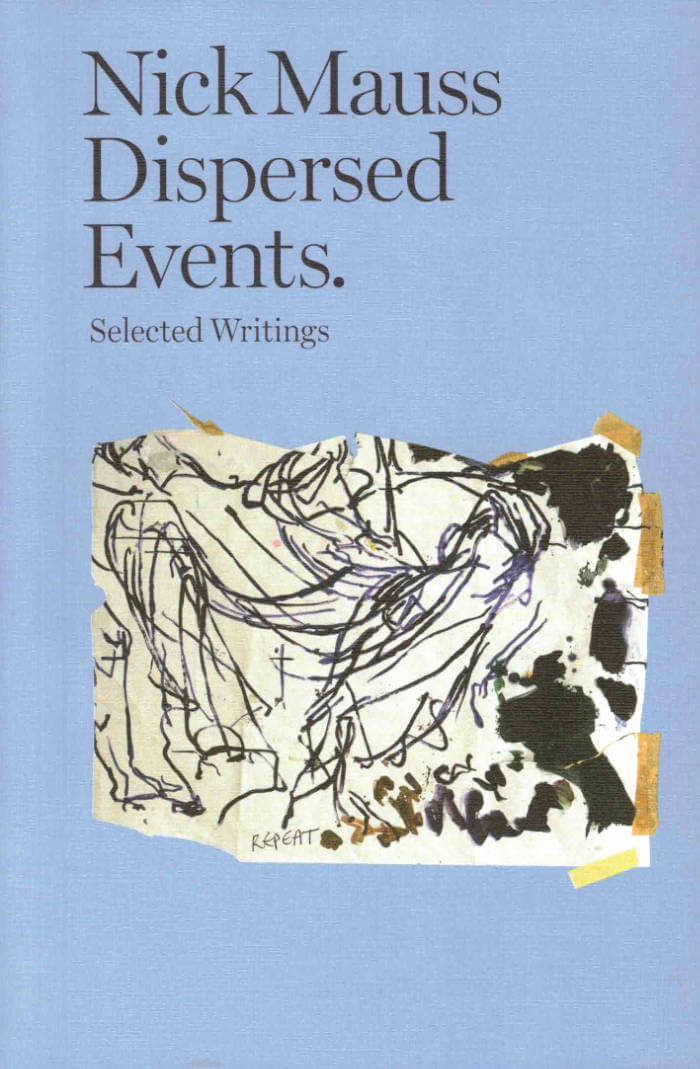
Dispersed Events. Selected Writings
Dispersed Events brings together for the first time Nick Mauss’ essays from the last fifteen years. Shimmering with the urgency of a new generation of queer thinkers, Mauss’ writing refracts contemporary art through histories of decorative art, film, theater, and dance.
An artist renowned for critically and poetically reconfiguring inherited genealogies and hierarchies of visual culture and art history, Mauss engages writing as a space for relentlessly activating counter-histories, repositioning the voice of the artist and the readers along the way. Whether he considers the practice of artist Lorraine O’Grady, the radical fashion of Susan Cianciolo, the anarcho-vaudevillian theater of Reza Abdoh, or the potential for textiles to disclose a different way of thinking, Mauss insists on the intense power of forms and feelings in their actual rather than enforced prehistories. Reevaluating experiments in fashion, dance, and the decorative arts on the same plane as painting, sculpture and cinema, he locates art as taking shape in the middle of conversations—“between art history and any afternoon.”
“Among what might initially appear, following Mauss, ‘a wildly inscrutable web of lineages,’ the reader quickly perceives unexpected, unheralded, conjunctions: affiliations, alignments, and affinities. . . . It generates a conviction that, in the best sense, is partisan. Singular, independent, illuminating.” — from the foreword by Lynne Cooke
